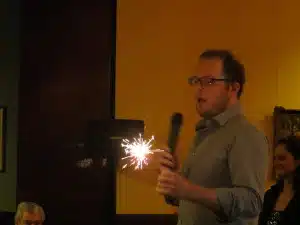
Alex presenting at the Fresh Science pub event
The natural ‘soldier cells’ (T cells) of the immune system have been retargeted by a team at the Peter MacCallum Cancer Centre in Melbourne—creating serial killers for cancer cells.
The work is part of a therapy that is having promising results in clinical trials.
The research team has gone back to the basic immune mechanisms, to see if their efficiency can be increased with reduced side-effects, PhD student Alexander Davenport says.
The team filmed modified and unmodified cells as they killed cancer cells, finding that some went on to become serial killers that killed multiple cancer cell targets even when outnumbered.
The genetically modified T cells were capable of killing at least eight cancer cells–detaching much more quickly than conventional T cells, so they could move onto the next target.
After 20 hours the modified T cells ‘run out of puff’ and lose their ability to detect their cancer-cell prey.
“Studying the serial-killer cells and their ability to maintain killing over the long-term will allow us to regulate and reduce the amount of these cells each patient receives, as well as increasing information as to how this therapy is working,” Alexander says.
“Ultimately this could lead to reduced side effects, reduced adverse events and more effective treatment for cancer patients without the need for toxic chemotherapy.”
All T cells have a natural environment detector called the T cell receptor. The modified cells, known as Chimeric Antigen Receptor (CAR) T cells, are equipped with a modified detector that allows them to be redirected towards a known target on a cancer cell.
“We also showed the modified T cells let go of their dying targets faster, allowing them to hunt for their next target more quickly,” Alexander says.
Alex says the therapy has been remarkable in blood-based cancers, but less effective against solid tumours.
Alex presented his research at Fresh Science Victoria 2015.
Fresh Science is a national program that helps early-career researchers find and share their stories of discovery. Over 30 early-career researchers nominated for Fresh Science Victoria, which was held at Scienceworks (training), Melbourne Museum (schools forum) and the Kelvin Club (public challenge event).
Fresh Science Victoria was supported by Museums Victoria, Bio-Medical Research Victoria and the Office of the Victorian Lead Scientist.
Alexander Davenport, Peter MacCallum Cancer Centre,+61 3 9656 3657, alexander.davenport@petermac.org
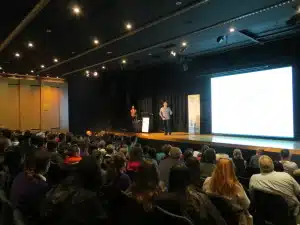
Alex talks about “serial killer immune cells” to students at the schools forum

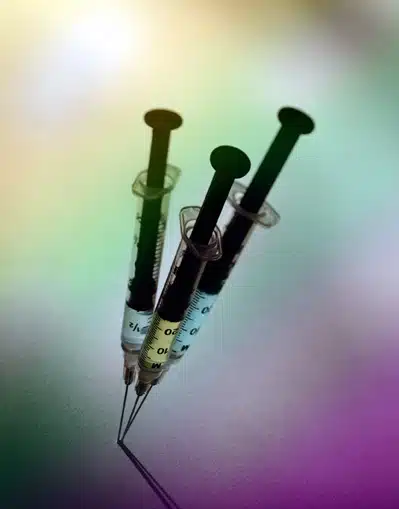
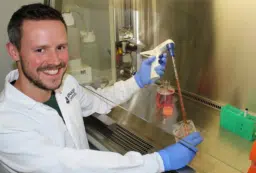
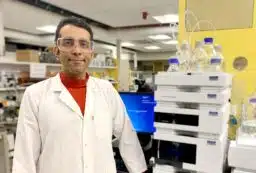
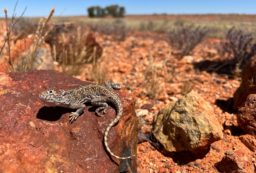
 Fresh Science is on hold for 2022. We will be back in 2023.
Fresh Science is on hold for 2022. We will be back in 2023.